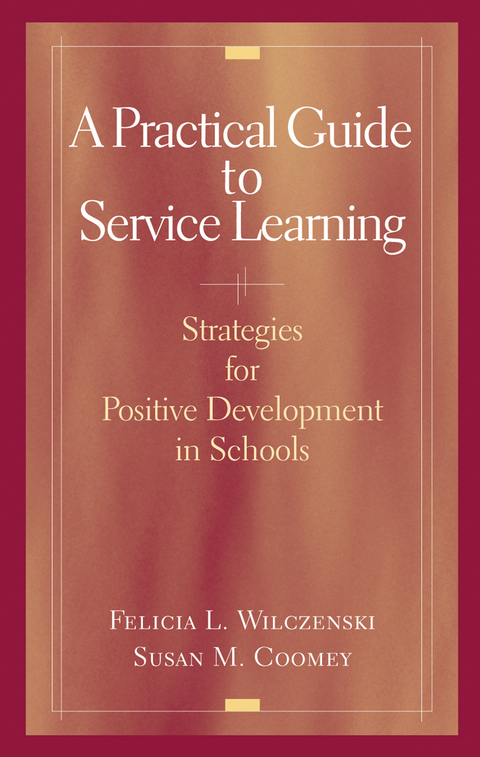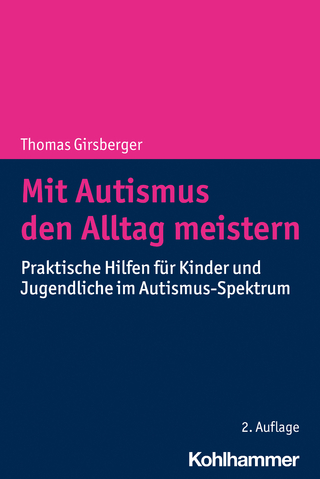
A Practical Guide to Service Learning
Springer-Verlag New York Inc.
978-1-4419-4284-5 (ISBN)
“School is so boring!I hate it!” “Why do I have to learn this stuff? I’ll never use it!” “What does this class have to do with anything?” As school psychologists and school counselors, how often do you hear this? Chances are many of the students referred to you do not have any cognitive impairment or emotional disability. They are bored and disengaged from school. Some students may be struggling with personal and career identity issues. Others come to you when interpersonal concerns or emotional distress interfere with their ability to learn. Still others have learning disabilities, cognitive impairment, or psychological disorders that hinder their academic progress. In this era of standards-based instruction and No Child Left Behind, the bottom line for schools is students’ academic performance. The intense pressure on teachers to close the achievement gap and to produce students who achieve academically also pressures you to find effective interventions to promote school success. Ultimately, the goal of your work is to enable academic learning to take place—for both regular and special education students. The challenge is enormous.
Felicia L. Wilczenski, Ed.D., is an Associate Professor on the faculty of the School Psychology Program and Director of the School Counseling Program in the Department of Counseling and School Psychology in the Graduate College of Education at the University of Massachusetts Boston. She is author of numerous articles addressing social and emotional interventions in K-12 settings. Dr. Wilczenski is interested in service learning applications in school-based mental health programs and incorporates service learning in her graduate courses. She has conducted research and published articles concerning service learning processes and outcomes. Susan M. Coomey, M.Ed., is currently employed as a school psychologist in the Shrewsbury MA Public Schools and is a graduate student at the University of Massachusetts Boston. Her research interests focus on service learning to promote social, emotional, and academic learning in K-12 settings. She has presented research at national and international service learning conferences.
Service Learning for School Psychologists and School Counselors.- Basics of Service Learning.- Positive and Best Practices in Service Learning.- Implementation Opportunities and Challenges.- Administrative Issues.- Changing Roles and the Process of Changing.- Service Learning in Professional Education and Development.- Service Learning as Intervention and Prevention.- Special Education Applications.- Reducing Risk-Taking Behaviors.- Preventing School Failure.- Fostering a Positive School Climate.- Service-Learning Blueprints to Build Developmental Assets.- Service-Learning Blueprints to Build Developmental Assets.- Service-Learning Print and Internet Resources.- Service-Learning Print and Internet Resources.
| Erscheint lt. Verlag | 4.11.2010 |
|---|---|
| Zusatzinfo | XXII, 173 p. |
| Verlagsort | New York, NY |
| Sprache | englisch |
| Maße | 155 x 235 mm |
| Themenwelt | Geisteswissenschaften ► Psychologie ► Entwicklungspsychologie |
| Geisteswissenschaften ► Psychologie ► Pädagogische Psychologie | |
| Medizin / Pharmazie ► Medizinische Fachgebiete ► Psychiatrie / Psychotherapie | |
| Sozialwissenschaften ► Pädagogik | |
| Sozialwissenschaften ► Soziologie ► Empirische Sozialforschung | |
| ISBN-10 | 1-4419-4284-X / 144194284X |
| ISBN-13 | 978-1-4419-4284-5 / 9781441942845 |
| Zustand | Neuware |
| Haben Sie eine Frage zum Produkt? |
aus dem Bereich


